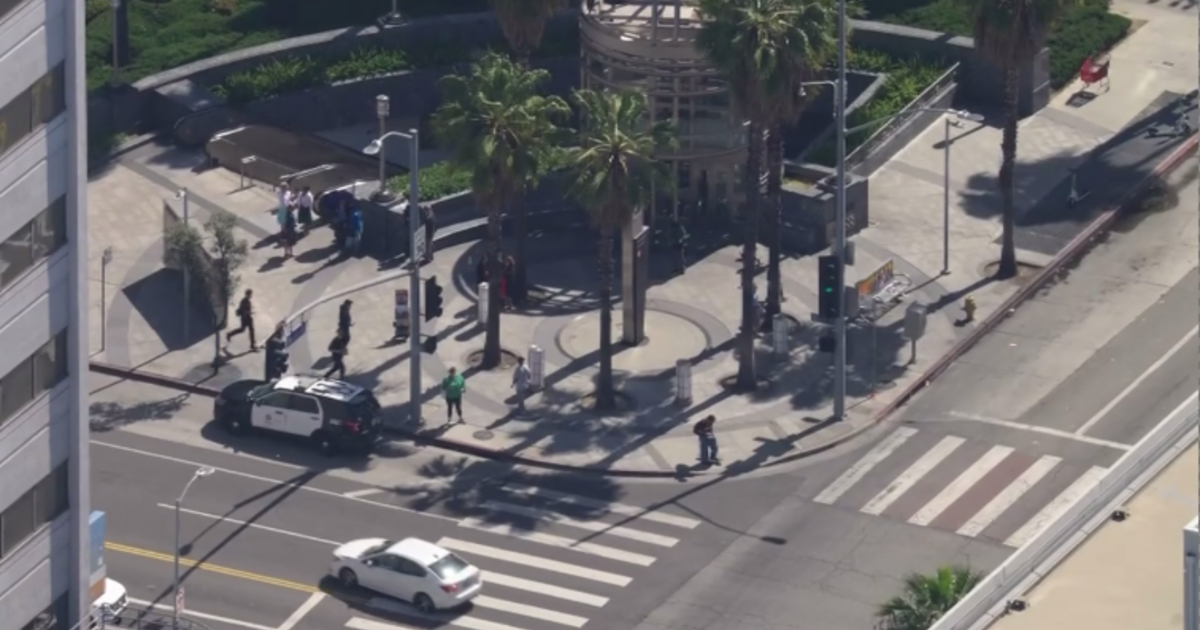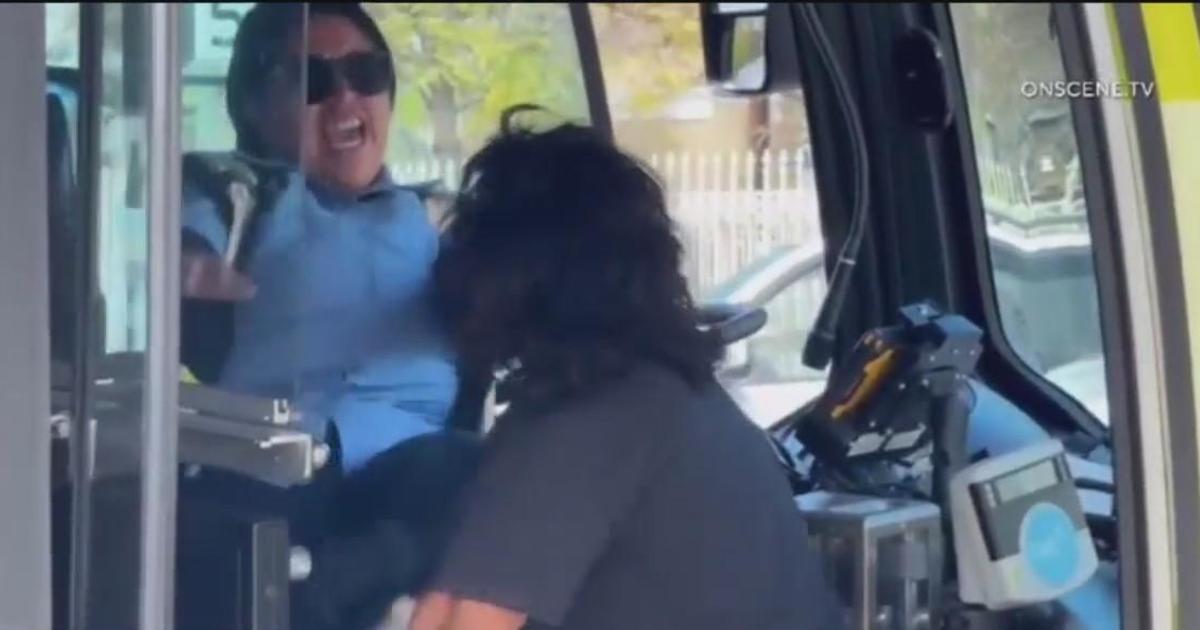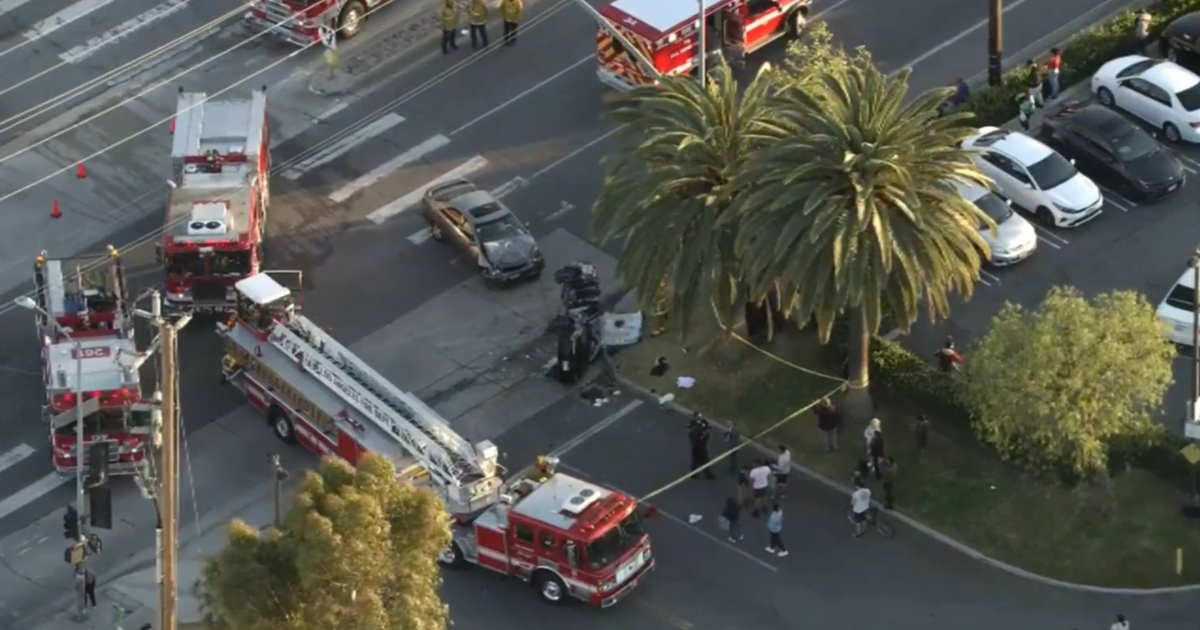Why are wounded veterans less likely to qualify for government housing?
In 2013, the radiant smile that once proudly coupled with Joshua Erickson's Army uniform was replaced with a prosthetic leg and pain management after he left the United States military.
"I stepped on an [improvised explosive device] in Afghanistan," he said. "They had to amputate it — left leg below the knee."
Two years after getting out, Erickson found himself homeless, living on the streets for nearly eight years. It made scheduling medical appointments and counseling sessions for PTSD.
"I just get around on foot, public transportation or bike — when I had one," Erickson said.
A decade after leaving the Army, he moved into a 64-square-foot shed on the West Los Angeles Veterans Affairs campus. The agency possesses more than 200 apartments, with more being built. However, Erickson, like many other wounded veterans, are locked out of government-funded housing because they receive too much disability compensation.
The most significantly disabled veterans receive nearly $43,500 in disability every year. To qualify for a housing voucher, a veteran's income, which includes disability, cannot exceed an average of $44,150.
"You give me this money," veteran Deavin Sessom said while crying. "You award me this money, and then you punish me with it."
Sessom is among the more than a dozen plaintiffs suing the Department of Veterans Affairs, the Department of Housing and Urban Development and the Housing Authority of the City of Los Angeles over a rule that counts veterans' federal disability and social security benefits as income.
"I was at Social Security," Sessom recalled. "I said, 'Can you please take it away from me? I don't want it anymore. It's killing me.'"
One of the attorneys working for the homeless veterans said the rule isn't in the books.
"It's so perverse. The more disabled you are, the less likely you are to get into the few existing housing units," Public Council lawyer Mark Rosenbaum said.
In 2011, L.A. County had about 1200 unhoused veterans before a previous lawsuit was filed. Four years later, the V.A. settled to house all of them at the West LA property by 2023.
"The settlement is not worth the paper it's written on," Rosenbaum said.
Following the agreement, the V.A. promised to build 770 units by 2022. So far, only 233 have come online. Now, attorneys have filed a new lawsuit to force the V.A. to make 1,200 units within five years instead of the 2030 deadline.
The Westwood campus lies in the district of Councilwoman Traci Park, who raised the income threshold by as much as 30% in some units at one of the new buildings that opened this February. She said more needs to be done.
"It's something that even I, as a daughter of a U.S. Army veteran, didn't realize," she said. "I don't think most people are aware of it, and I think if they did know, they would be furious."
In the past, HUD officials said changing the rules would result in veterans with disabilities much less towards rent compared to non-veterans with disabilities.
Veterans advocate Rob Reynolds said disability benefits are not taxable.
"It's not an income," he said. "It's a compensation for the loss, the use of something ... like someone's leg."
Reynolds said the V.A. hasn't taken meaningful steps to house veterans, with a nearly 400-acre campus that houses a sports complex for a private Brentwood school and baseball field rather than veterans' homes like what it was deeded for in 1888. There is a lawsuit challenging the V.A.'s leases with those schools.
"They're the most disabled," he said. "They need to be close to where they get their medical care. They need to be close to their mental health h care. They need to be within the veteran community."
The sheds, like the one Erickson now resides in, were initially a stopgap measure after the encampment known as Veterans Row was cleared out two years ago. These tiny homes don't have toilets or running water. They are forced to use nearby porta-potties, which are hard to traverse for disabled veterans who use wheelchairs or prosthetics.
The case is currently in U.S. District Court. The parties are waiting for the judge to decide whether the lawsuit can proceed. The VA, HUD and HACLA have declined to comment because of pending litigation as L.A. County claims the number of homeless veterans has grown to nearly 4,000.




